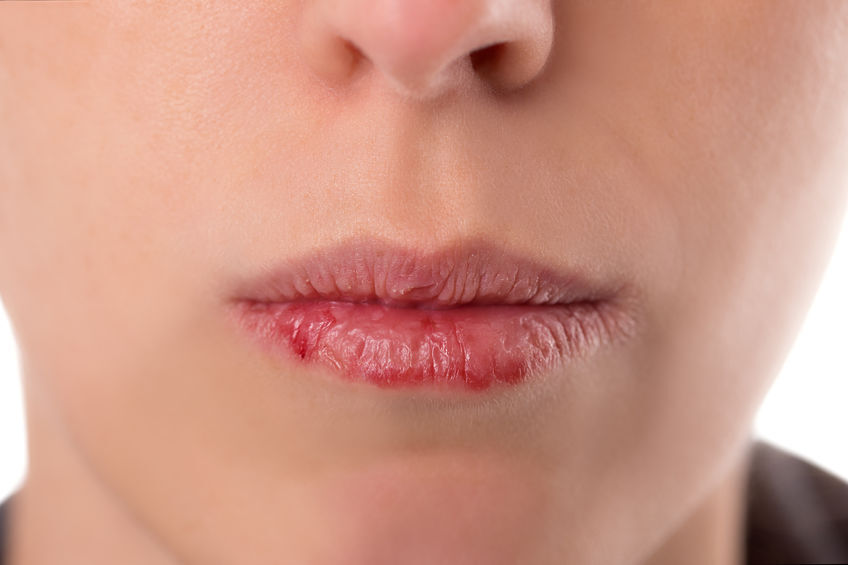Accutane side effects

Accutane: What You Need to Know Before Starting Treatment
Accutane (Isotretinoin) is one of the most effective treatments for severe acne, especially for individuals whose acne has not responded to other treatments. While it offers significant benefits, Accutane also comes with specific guidelines and potential side effects that users need to understand.
Why Isn’t Accutane for Everyone?
Accutane is highly effective but requires careful management due to several contraindications and potential side effects:
-
Birth Defects
Accutane can cause severe birth defects if taken during pregnancy. Women prescribed Accutane must use two forms of birth control at least one month before treatment, during the treatment period, and for three months after stopping the drug. -
Mood Changes
Although past concerns suggested a link between Accutane and depression, no definitive proof exists. Many dermatologists believe that mood improvements are common after acne resolves, suggesting that the distress was due to acne itself rather than the medication. Still, anyone experiencing unusual sadness, anxiety, or loss of appetite while on Accutane should speak to their doctor and consider stopping the medication. -
Blood Tests
Regular blood tests monitor liver function, lipid levels, and blood counts, as Accutane can sometimes affect these markers. In most cases, blood values return to normal once the dosage is reduced or treatment is completed. -
Dry Skin and Lips
Skin and lip dryness are common side effects. Lip balms and oil-free moisturizers help manage these issues, and daily sunscreen use is essential to protect against UV sensitivity. -
Acne Flare-Up
Occasionally, acne may worsen at the start of Accutane treatment, particularly with higher doses. Using blue light therapy or reducing the dose can help manage this initial flare without compromising effectiveness.

Drug Interactions with Accutane
Some medications and supplements should be avoided with Accutane, including:
- Vitamin A supplements: Both Vitamin A and Accutane can cause similar side effects; taking them together increases risk.
- Tetracycline antibiotics: These can raise intracranial pressure when combined with Accutane.
- Progestin-only birth control pills: May be less effective during Accutane treatment.
- Dilantin (phenytoin): Can weaken bones when taken with Accutane.
- Corticosteroids: May increase the risk of bone weakening.
- St. John’s Wort: This supplement may reduce the effectiveness of birth control pills.
Common Side Effects of Accutane
The less serious, common side effects of Accutane include:
- Dry skin: Regular use of facial moisturizers can help.
- Chapped lips: Use a high-quality lip balm frequently.
- Dry eyes: Artificial tears may help, especially for contact lens wearers.
- Dry nose: Can lead to occasional nosebleeds.
Rare Side Effects of Accutane
While rare, Accutane can sometimes cause more severe side effects:
- Increased intracranial pressure: Symptoms include severe headaches, blurred vision, dizziness, nausea, or seizures.
- Gastrointestinal issues: Such as stomach pain, diarrhea, or rectal bleeding.
- Musculoskeletal pain: Back, joint, and muscle pain are possible, as well as decreased bone growth in teenagers still in growth phases.
- Night Vision: Some may experience reduced night vision, which could be permanent.
- Mood Changes: Though the link is debated, mood should be monitored throughout treatment.
- Lipid and Cholesterol Levels: Accutane may raise blood fats and cholesterol, which usually normalize post-treatment.
Conclusion
Accutane can be a powerful option for treating stubborn acne, but it’s not for everyone. By following safety guidelines, undergoing regular monitoring, and maintaining open communication with your dermatologist, you can help minimize risks while reaping the benefits of this effective treatment.
Read more:
Isotretinoin: Treatment for severe acne
To find the right acne treatments for your unique skin, take the free skin assessment by clicking here.



